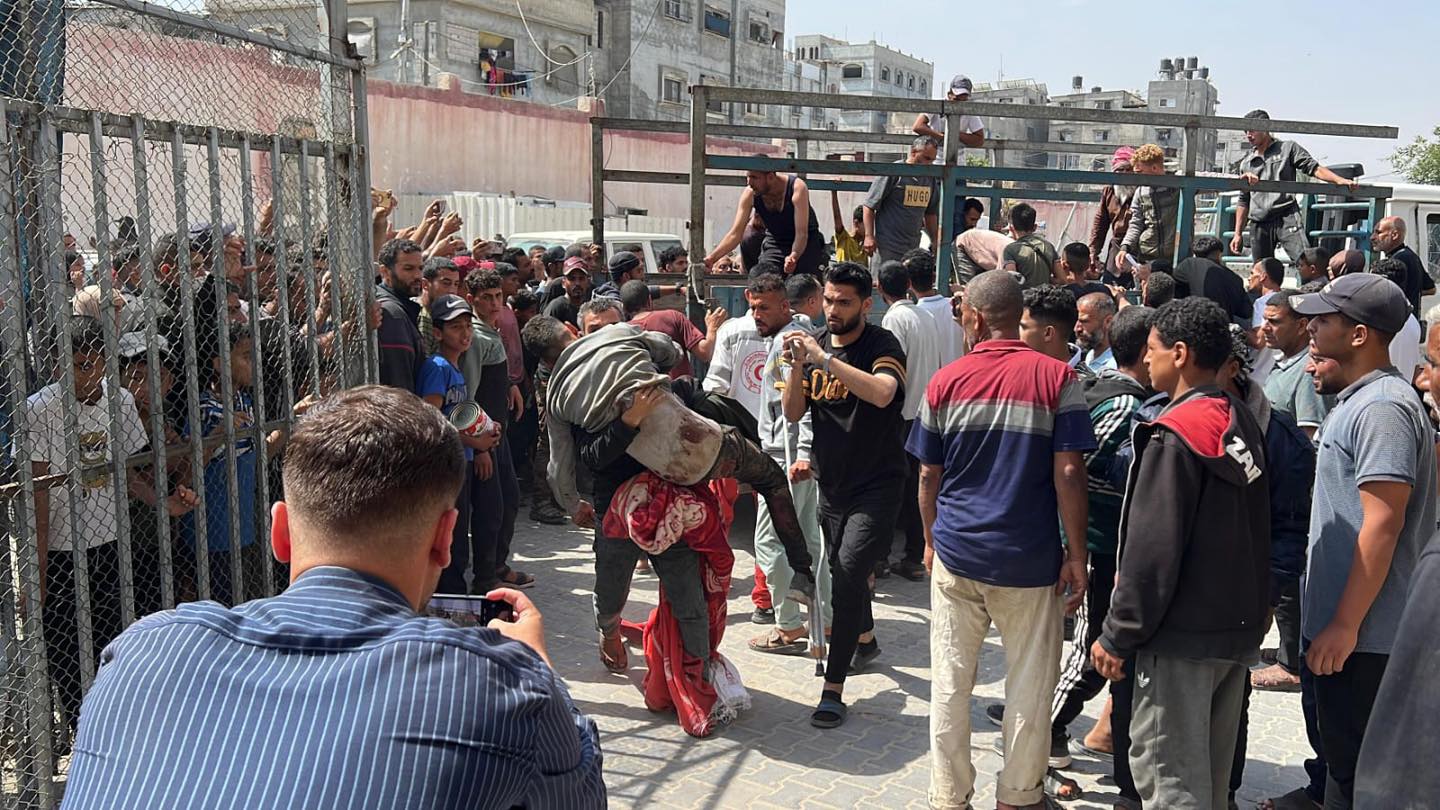BETHLEHEM, Monday, January 25, 2021 (WAFA) – Israeli forces today demolished a Palestinian house under construction and injured dozens in al-Walaja village, northwest of the Bethlehem city, according to sources.
Mayor of al-Walaja, Khader al-A‘araj, told WAFA that Israeli forces escorted a bulldozer to northwestern part of the village, where the heavy machinery tore down a two-story house under construction, purportedly for being built without a permit.
The house owner was identified as Mohammad Abdul-Latif Jayyousi.
During ensuing confrontations, the soldiers opened fire towards local youths who protested the demolition, injuring a number with rubber-coated steel bullets and causing others to suffocate from tear gas inhalation.
Located at a horizontal distance of 5 kilometers to the west of Bethlehem, al-Walaja has a population of some 2,800 and occupies a total area of 4,328 dunams.
Under the Oslo Accords, an agreement made 25 years ago that was supposed to last just five years towards a self-governing country alongside Israel, the Palestinian Authority was given limited control over a small pocket of land occupying 113 dunams and accounting for only 2.6 percent of the village’s total area. This area is classified as Area B. In contrast, Israel maintains control over the remainder, classified as Area C.
An area of 4,209 dunams of the village, accounting for 97 percent, is completely isolated by the section of Israel’s apartheid wall. The majority of this land is agricultural land, forests and open spaces.
The village is flanked by two Israeli colonial settlements; Gilo from the east and Har Gilo from the south.
Israel demolishes Palestinian houses and structures almost on a daily basis as a means to achieve “demographic control” of the occupied territories.
Israel denies planning permits for Palestinians to build on their own land or to extend existing houses to accommodate natural growth, particularly in Jerusalem and Area C, which constitutes 60 percent of the occupied West Bank and falls under full Israeli military rule, forcing residents to build without obtaining rarely-granted permits to provide shelters for their families.
In contrast, Israel argues that building within existing colonial settlements is necessary to accommodate the “natural growth” of settlers. Therefore, it much more easily gives over 700,000 Jewish Israeli settlers there building permits and provides them with roads, electricity, water and sewage systems that remain inaccessible to many neighboring Palestinians.
K.T./ K.F.










